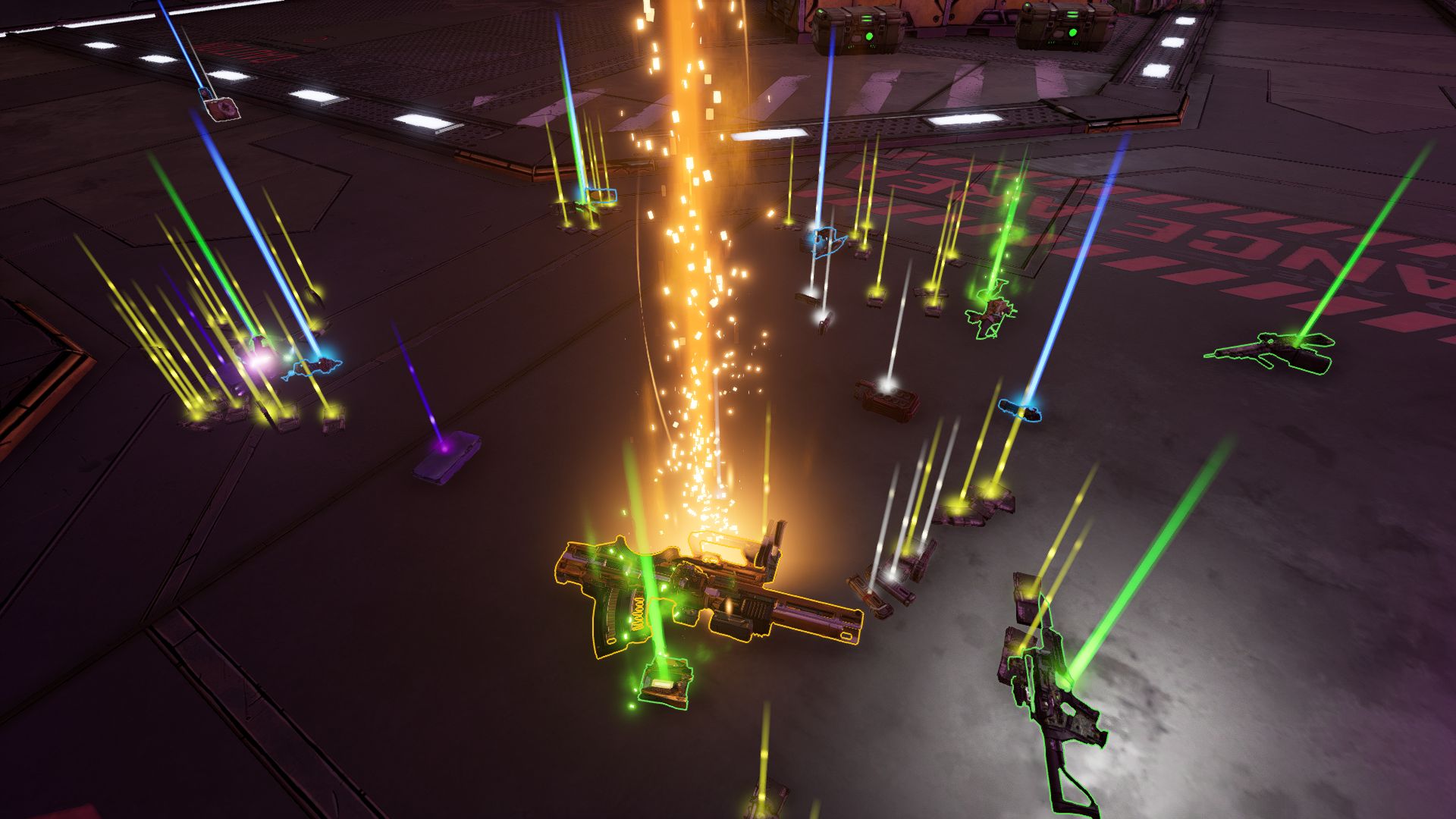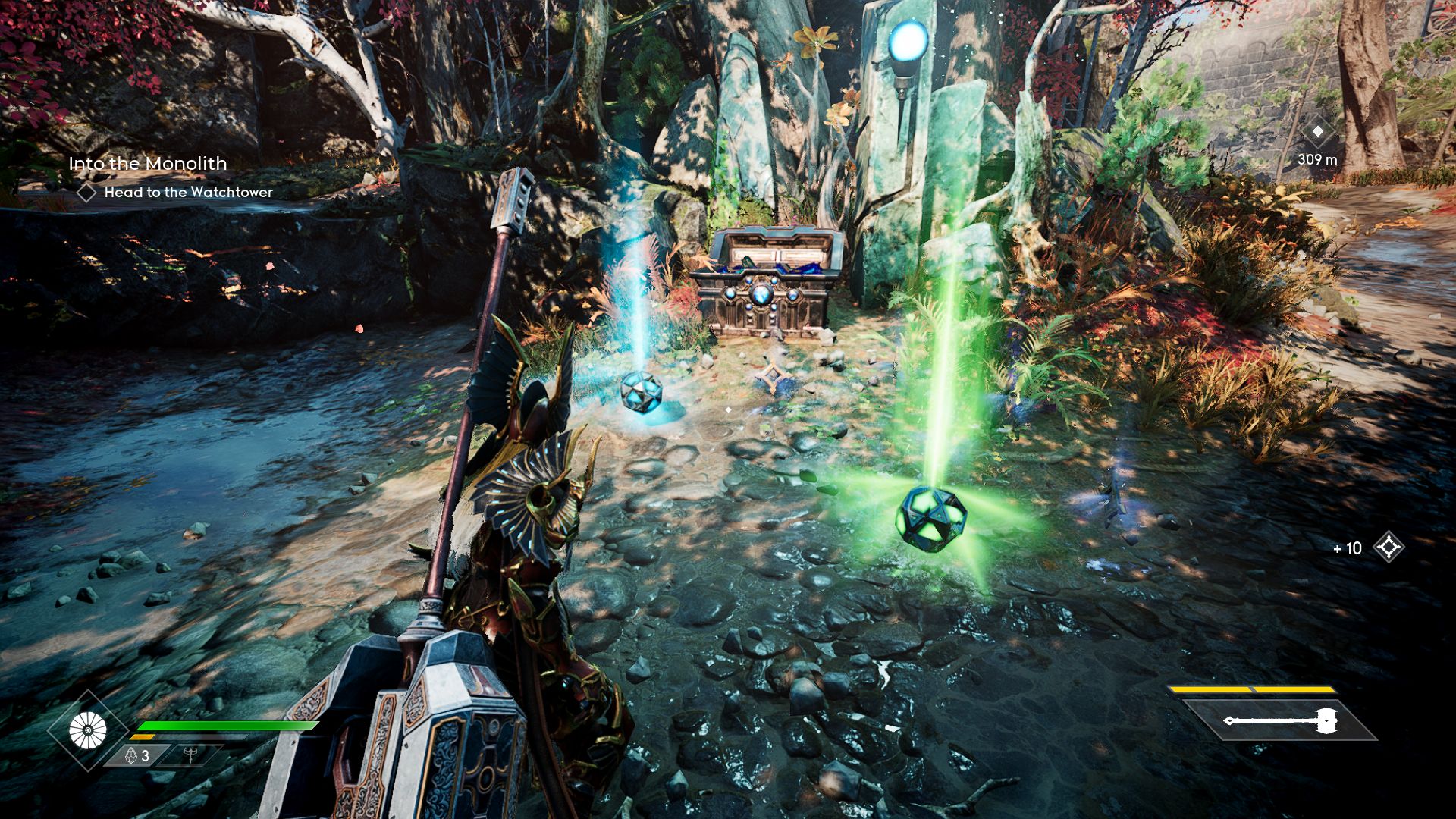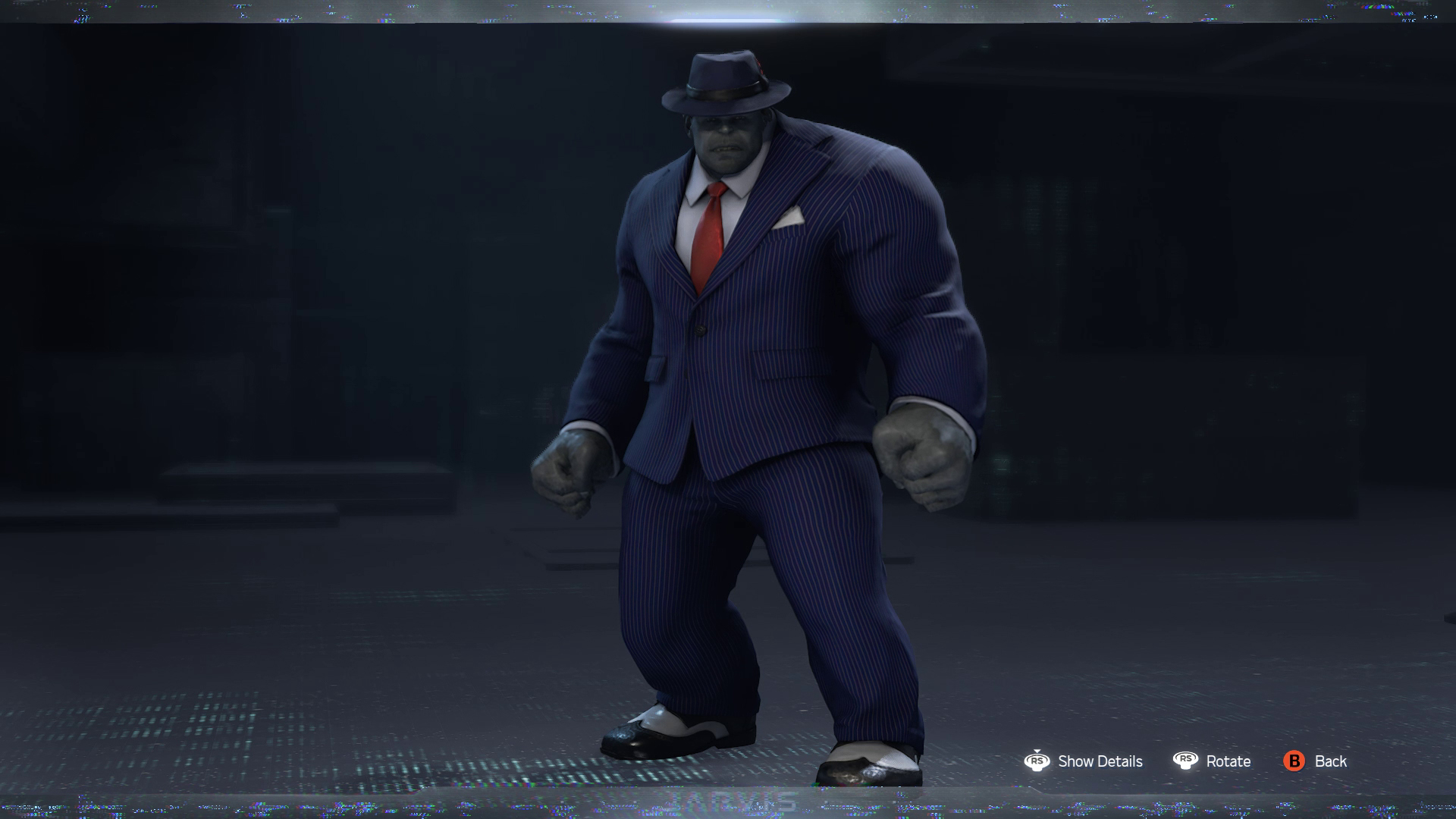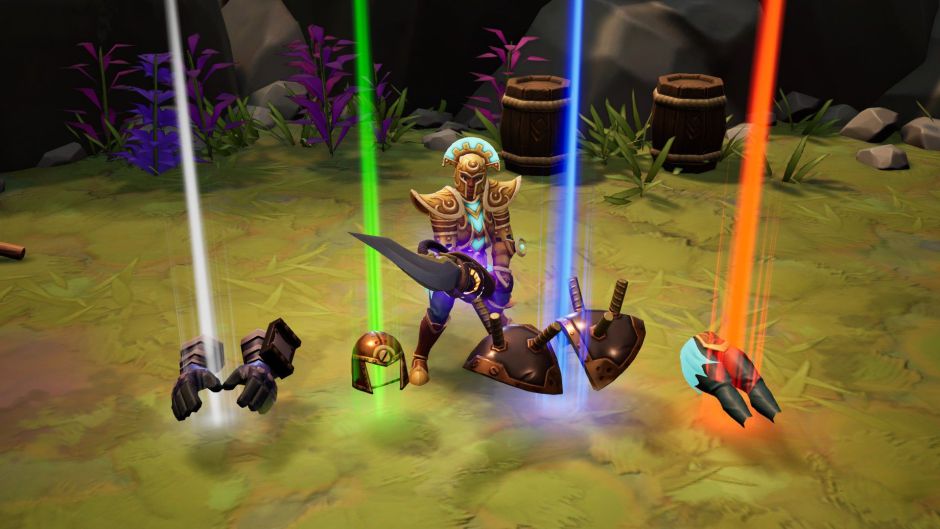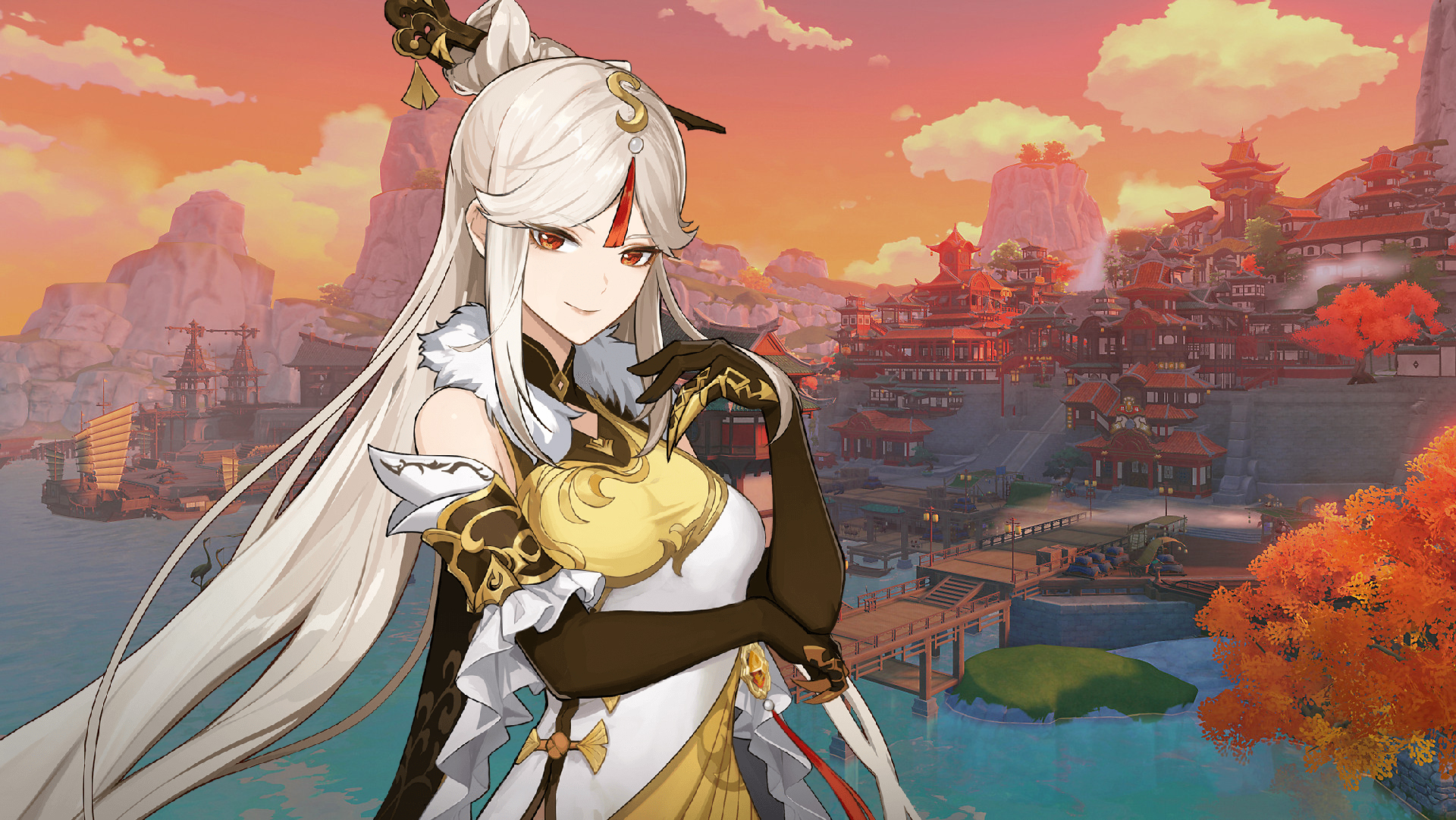Loot-driven games had a rough year
Sure, so did everyone else. But spare a thought for the loot games that underperformed in 2020.
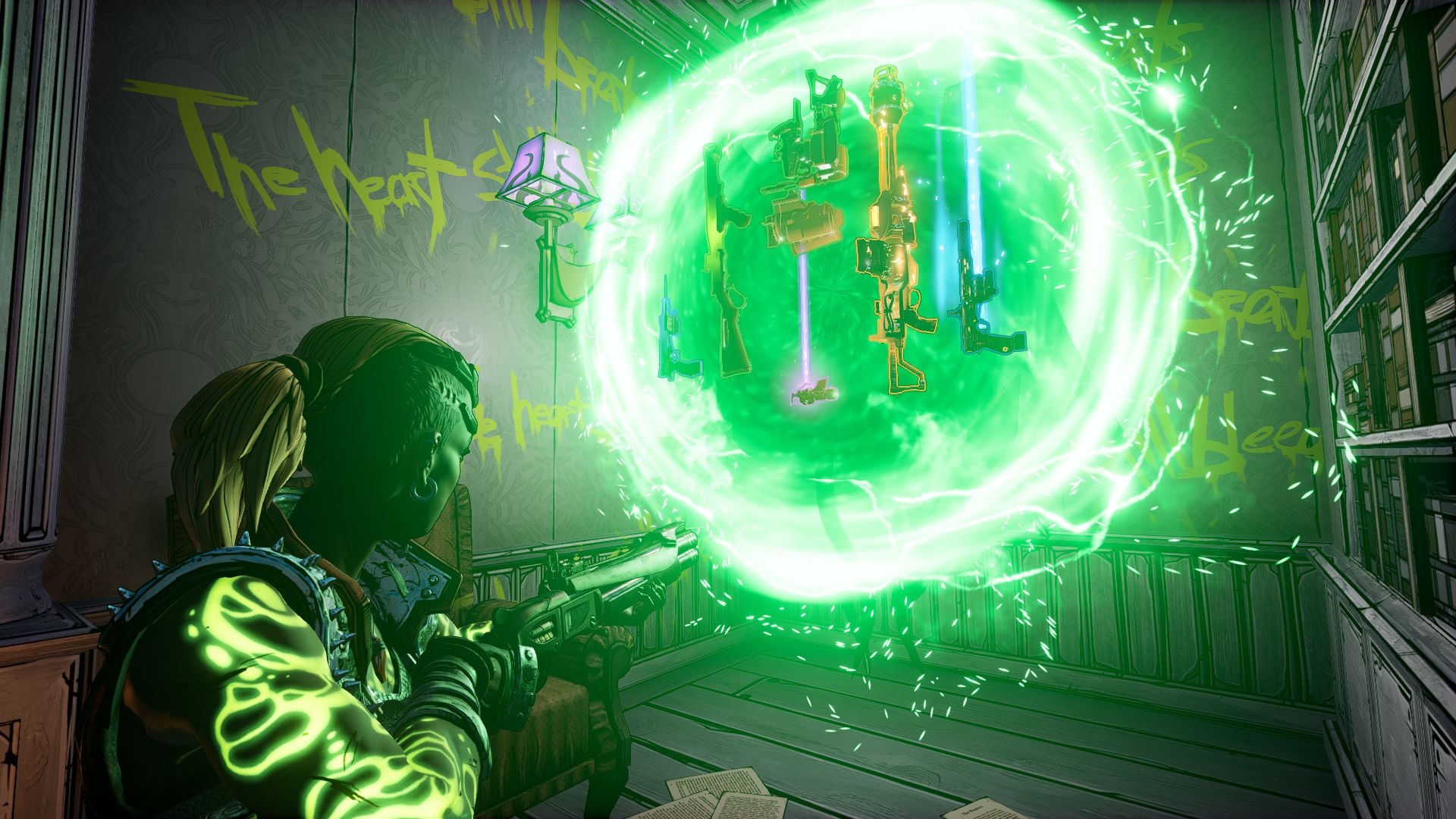
Remember Wolcen? At the start of 2020, the internet was abuzz with hype over this kickstarted action-RPG that was about to come out of Early Access. To many it looked like the next Path of Exile. And then it did come out, and it was buggy, the skills didn't do what they said they did, its controls were unresponsive and the internet turned on it. Before launch its Steam reviews were 91 percent positive. Now, they're 55 percent positive.
That marked the beginning of a rough year for loot-driven games. Action-RPGs, looter-shooters, and looter-slashers, which are apparently now a thing—games in every genre with rewards color-coded by rarity seemed to face harsher receptions than they used to.
Look at Borderlands 3. This year it had five major DLC expansions on Steam, beginning with Moxxi's Heist of the Handsome Jackpot in March, which wisely ignored the tedious characters introduced in Borderlands 3 to focus instead on the cast of previous games. That fan-pleasing move earned it Very Positive user reviews. But later expansions, even ones that similarly focused on fan-favorite characters, weren't received as well. The next two are sitting at Mixed ratings, and the two after that Mostly Negative.
Gearbox's new loot game fared no better. Godfall, developed by Counterplay Games, was billed as a looter-slasher, but that's not its only sin. The characters are walking suits of armor whose lack of personality would make them difficult to care about even if they did have facial expressions, and it doesn't help that every cutscene battle is just oversized medieval weapons clanging off metal with no sense anyone might be hurt by the blows. (There's so much clanging that if Godfall was a musical it would just be called CLANG, perhaps with an exclamation mark.)
The loot's nothing to write home about either. Open a chest and a bunch of 'morphstones' pop out, glowing in the traditional gray-green-blue-purple-orange spectrum popularized by World of Warcraft. They don't look like the selection of magic rings and polearms you're actually getting, and like Destiny's engrams you only find out what they are after picking them up. Something about that doesn't scratch the itch. It makes me long for Diablo and the way gold would ching to the ground while a spear would land next to it and go, well, clang.
In Godfall you hold down the button that you have to hold down until finally a chest pops open and it's just a bunch of blue or green lumps until you look in your inventory. Then you find out you've received a ring that gives you a "+7 percent chance to inflict Ignite." Every step of the process feels designed to underwhelm.
In Godfall's defense, the combat is fine. You dodge the red attacks, parry the rest, then mix up your light and heavy attacks in response. It's a competently assembled version of a thing you could get elsewhere, but in a game that has no interesting loot. Or personality. Or an offline mode. It's got a metascore of 61, and was so forgettable we didn't even remember to write about it in our list of the year's most forgettable games.
Keep up to date with the most important stories and the best deals, as picked by the PC Gamer team.
Marvel's Avengers also copied Destiny-style loot to its detriment. It's hard to feel like a superhero when you defeat the Abomination just to pick up a glowing orb that turns out to be a slightly better vest. It made gathering and upgrading gear essential to increase your Power Level, just like Destiny 2, but a lot of what dropped was pointless, and even the good stuff was invisible—you only ever saw it as holographic projections in the inventory, not something you could show off to other players.
Charitably, that could be explained as a way of keeping the clean lines of each character's design distinct, rather than a mismatched muddle where the gauntlets clash with the catsuit. Cynically, that could also be explained as a way of making people want to pay cash money for alternate costumes—the only way to change your appearance.
Either way, it makes the hard work of grinding the same War Zones and fighting the same three supervillains feel even less satisfying.
While games inspired by Destiny didn't have a great time, let's not forget the troubles of Destiny 2 itself. With the launch of the Beyond Light expansion, its original campaign and the two follow-ups were put in a vault. The Red War storyline was replaced by the more tutorial-ish New Light. Players weren't happy to have those experiences locked away, or the associated loot sunsetted. Especially things earned in DLC that people paid for, like Shadowkeep. You can still buy Shadowkeep even though much of what it contains has been retired.
Eight months and a day after Wolcen's release, the next great hope for the classic action-RPG came out: Torchlight 3. It had been retooled from its roots as a free-to-play online spin-off called Torchlight Frontiers, a move that developers Echtra said would "bring Torchlight back to its roots" so that it could become "the true sequel to Torchlight I & II that it was always meant to be." That turned out to be not entirely true.
The skill system was shallow, and the fort to build and upgrade makes you wait for every construction on a timer like it's a mobile game with an energy mechanic. It ended up with an even lower percentage of positive user reviews on Steam than Wolcen.
The rare success stories
Two loot-driven games managed to find success in 2020. The first is Escape From Tarkov, a battle royale with real consequences for failure. Bring your best gun to the fight and if you don't make it out, you lose it for good. It's an intense experience that viewers loved, with streamers like Shroud, DrLupo, and Dr Disrespect dedicating a substantial chunk of 2020 to lifting its profile.
The other loot game to make it big this year was Genshin Impact. The largest-ever launch of a Chinese game in the west, it earned almost $400 million in its first two months. There's a lot of loot in Genshin Impact, a deliberately confusing proliferation of different currencies that I suspect has sent most of its players to the internet to search for some variation on the phrase "what are primogems and how do i get them" at some point.
Primogems are one of the currencies you can exchange for Fates, which can then be exchanged for Wishes, which are the heart of Genshin Impact's gacha system. Spending Wishes (10 at a time, for the best odds) is like opening loot boxes. Only it's not really the loot people want from Wishes. A new sword is nice, but the real win is pulling a new character, which is why the thing people have been searching for even more than primogems is a Genshin Impact character tier list.
In 2020, you couldn't launch a mediocre game that relies on a loop of compulsive acquisitiveness and expect players to throng to it
Escape From Tarkov wasn't really about loot either. It was about stories, which is why it was such a hit with streamers (as was Genshin Impact, where TikTok was briefly full of videos of people opening Wishes and screaming at five-star character drops). In Tarkov it doesn't just matter that you got some great modded rifle, it matters that you got it by pretending to be dead and ambushing an overconfident geared-up player when you were a lowly scav, and then escaping with it on a sliver of health.
Both games promise something more than just an incrementally better version of the stuff we had before, and so legions of players looked past their flaws, whether it was Tarkov's lag and stuttering or Genshin Impact's Paimon, a high-pitched fairy sidekick who is annoying even by the standards of anime fairy sidekicks.
Not to minimize the diverse individual failings of the loot-driven games that didn't equal that success, but players used to be more forgiving. Just a few years ago, loot games could get by without having much in them to recommend. Look at The Division, which launched with bullet-sponge enemies, various technical issues, and a frankly laughable premise. It sold more copies in its first 24 hours than any previous Ubisoft game, because in 2016 when the only real competition was Borderlands and Destiny, it was hard to launch a looter-shooter and miss.
Even though the loot you earned was boring old kneepads and beanies, players lined up to shoot a renegade firefighter in the head 20 or 30 times for a chance to earn it. Looking back, it's honestly baffling.
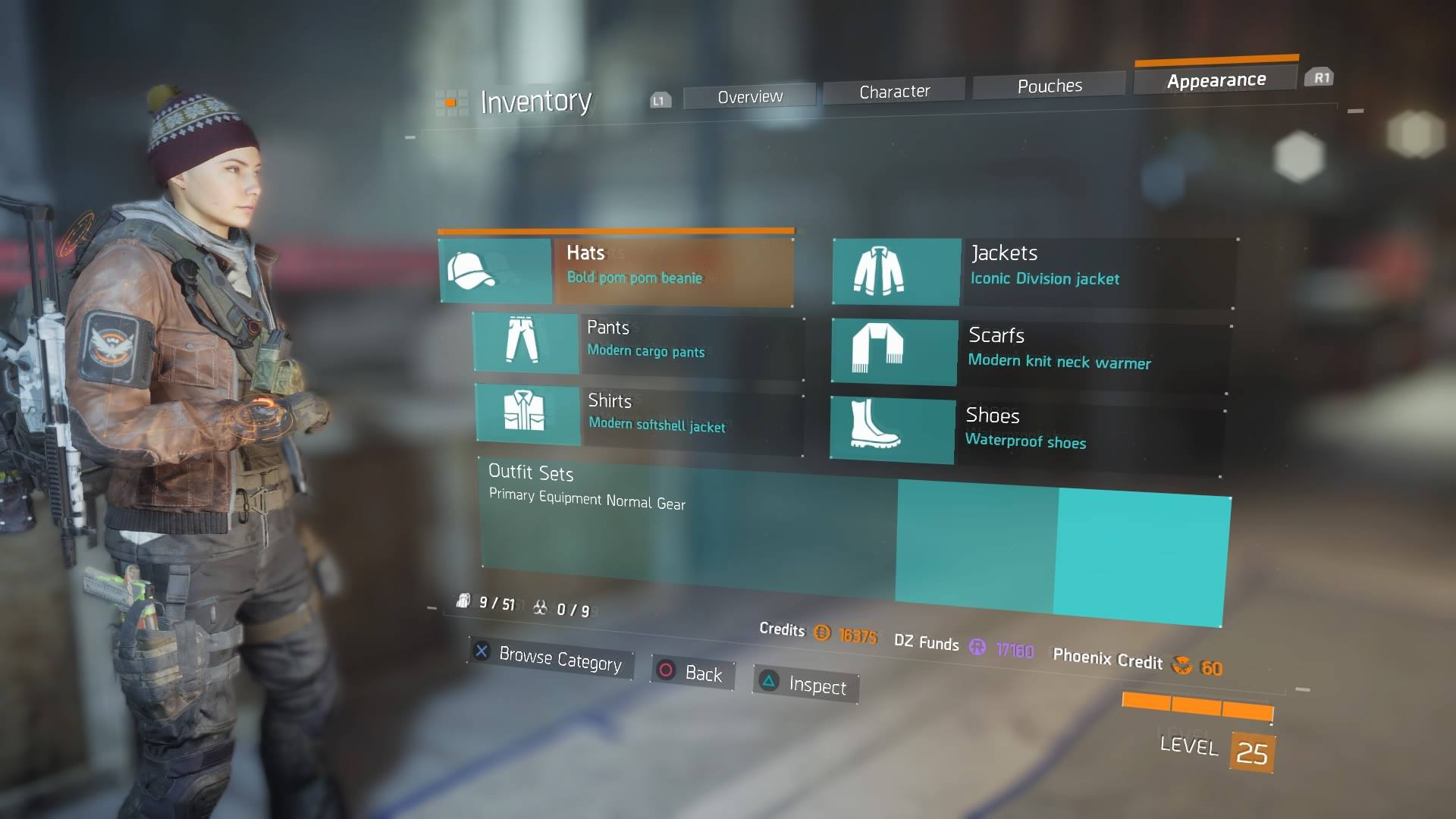
In 2020, you couldn't launch a mediocre looter-shooter or action-RPG or any other game that relies on a loop of compulsive acquisitiveness and expect players to throng to it. Just as loot boxes had their flashpoint moment in 2017 with Star Wars: Battlefront 2, we've become fatigued and cynical after seeing this particular treadmill formula repeated so often. Nowadays, the carrot on the end of the stick has to be more than just another orange legendary.
Looking ahead to 2021 (or 2022, or maybe 2023), Diablo 4 will launch into a very different world than its predecessors. According to the latest development update, Blizzard is making "substantial changes to core itemization". We'll have to wait and see if that's enough.

Jody's first computer was a Commodore 64, so he remembers having to use a code wheel to play Pool of Radiance. A former music journalist who interviewed everyone from Giorgio Moroder to Trent Reznor, Jody also co-hosted Australia's first radio show about videogames, Zed Games. He's written for Rock Paper Shotgun, The Big Issue, GamesRadar, Zam, Glixel, Five Out of Ten Magazine, and Playboy.com, whose cheques with the bunny logo made for fun conversations at the bank. Jody's first article for PC Gamer was about the audio of Alien Isolation, published in 2015, and since then he's written about why Silent Hill belongs on PC, why Recettear: An Item Shop's Tale is the best fantasy shopkeeper tycoon game, and how weird Lost Ark can get. Jody edited PC Gamer Indie from 2017 to 2018, and he eventually lived up to his promise to play every Warhammer videogame.
